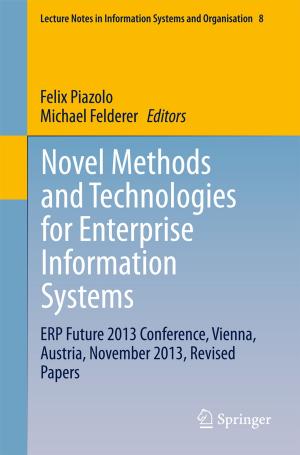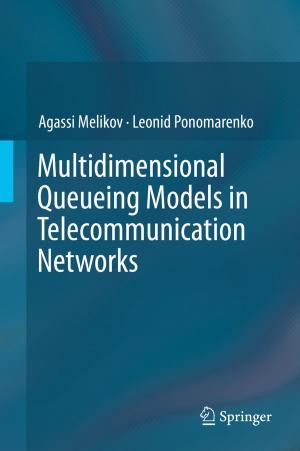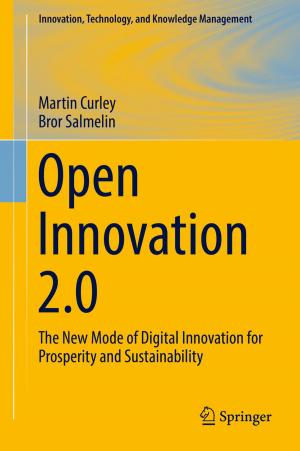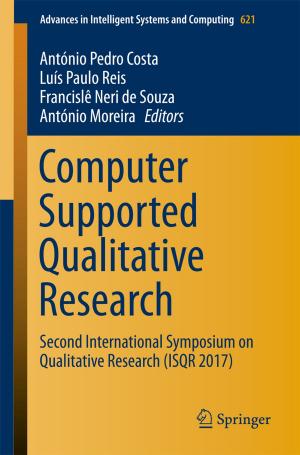Device-to-Device Communications in Cellular Networks
Nonfiction, Computers, Networking & Communications, Hardware, Science & Nature, Technology, Telecommunications, General Computing| Author: | Li Wang, Huan Tang | ISBN: | 9783319306810 |
| Publisher: | Springer International Publishing | Publication: | April 29, 2016 |
| Imprint: | Springer | Language: | English |
| Author: | Li Wang, Huan Tang |
| ISBN: | 9783319306810 |
| Publisher: | Springer International Publishing |
| Publication: | April 29, 2016 |
| Imprint: | Springer |
| Language: | English |
This SpringerBrief focuses on crucial issues for device-to-device (D2D) communications within the rapidly expanding 4G LTE toward 5G system. Several critical technical challenges in D2D communications are discussed, and D2D standardization activities in 3GPP are provided. Topics range from proximity discovery and mode selection, to resource management. The authors investigate proximity detection solutions for enabling direct user equipment communication by listening to uplink transmission. The problem of mixed mode selection is demonstrated to meet multiple quality of service (QoS) requirements in D2D enabled cellular networks. Finally, the brief explores the problem of designing interference-constrained resource allocation to pair cellular user resources with potential D2D links in cellular D2D underlay, with the goal of improving spectrum efficiency.
Device-to-Device Communications in Cellular Networks targets researchers and professionals working in wireless communications and networks. Advanced-level students in electrical engineering and computer science studying wireless communications and networks can also use this material as a study guide.
This SpringerBrief focuses on crucial issues for device-to-device (D2D) communications within the rapidly expanding 4G LTE toward 5G system. Several critical technical challenges in D2D communications are discussed, and D2D standardization activities in 3GPP are provided. Topics range from proximity discovery and mode selection, to resource management. The authors investigate proximity detection solutions for enabling direct user equipment communication by listening to uplink transmission. The problem of mixed mode selection is demonstrated to meet multiple quality of service (QoS) requirements in D2D enabled cellular networks. Finally, the brief explores the problem of designing interference-constrained resource allocation to pair cellular user resources with potential D2D links in cellular D2D underlay, with the goal of improving spectrum efficiency.
Device-to-Device Communications in Cellular Networks targets researchers and professionals working in wireless communications and networks. Advanced-level students in electrical engineering and computer science studying wireless communications and networks can also use this material as a study guide.















